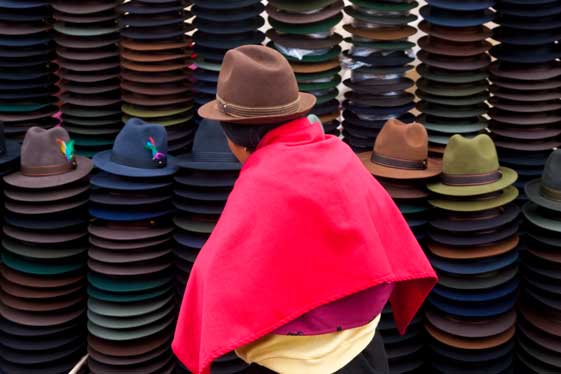Beyond the Middlemen
In towns tucked between the Andes and the Amazon, creativity thrives. Latin American artists—many of them Indigenous women, Afro-descendant communities, and rural craftspeople—possess extraordinary skill, honed over generations. Yet, for too many, the path from creation to livelihood is blocked by a persistent barrier: the middleman.
At Mama Llama Handcrafts, we’re working to change that.
The Problem with the Traditional Supply Chain
For decades, artisans across Latin America have depended on intermediaries to access markets. These middlemen—exporters, distributors, and sometimes local brokers—often pay bare minimum prices for handcrafted items, only to resell them at a hefty markup. The result?
- Artists barely break even
- Families remain in poverty
- Traditional art becomes undervalued and misunderstood
This imbalance doesn’t just impact income—it silences stories, stifles creativity, and discourages the next generation from learning the craft.
A Better Way: Direct Connections
Mama Llama Handcrafts was created to cut out the middlemen and build direct, respectful relationships with artisans. We work with craft communities in Ecuador and beyond to ensure:
✅ Fair pricing that honors time and skill
✅ Creative autonomy so artists can express their heritage freely
✅ Market access that connects makers to appreciative buyers in the U.S. and abroad
Every item listed on our marketplace is sourced through partnerships that prioritize transparency, equity, and dignity.
Art as Livelihood, Not Charity
Let’s be clear: these artists don’t want charity. They want opportunity. They want their work to be valued, their talent recognized, and their communities strengthened through their creativity.
When you buy directly from artisan platforms like Mama Llama, you’re not just purchasing jewelry or textiles—you’re restoring balance in a system that too often exploits the very people who bring beauty into the world.
Empowering the Next Generation
With stable, fair income, artisans are investing in their children’s education, buying tools and supplies, and training young apprentices. This is how traditions live on—not just through nostalgia, but through pride and purpose.
We’re not only supporting artisans—we’re supporting culture, independence, and dignity.
